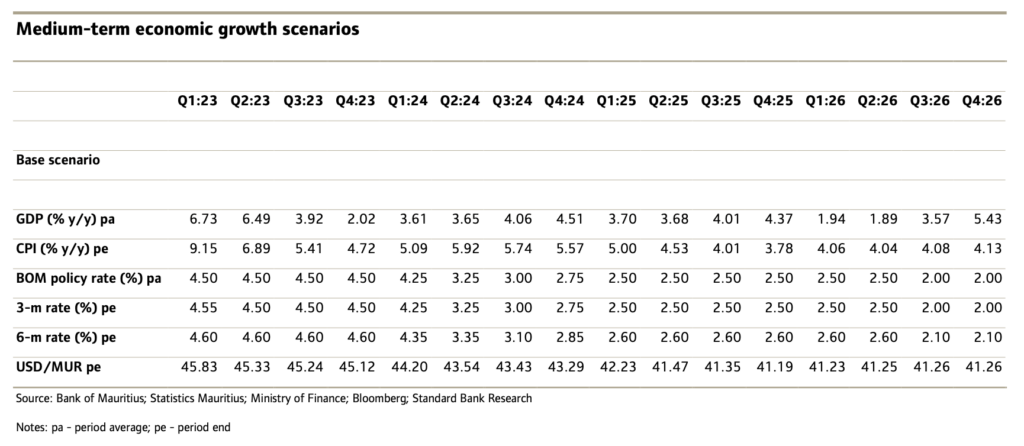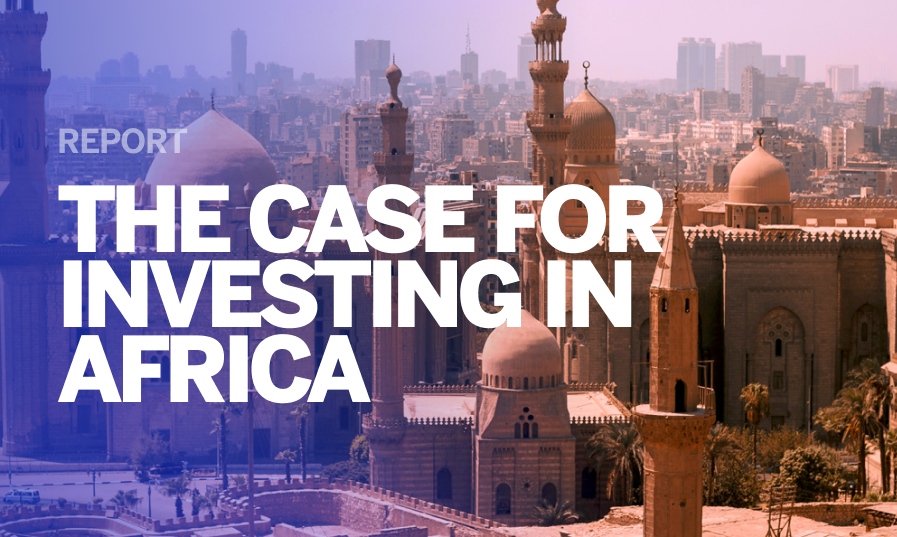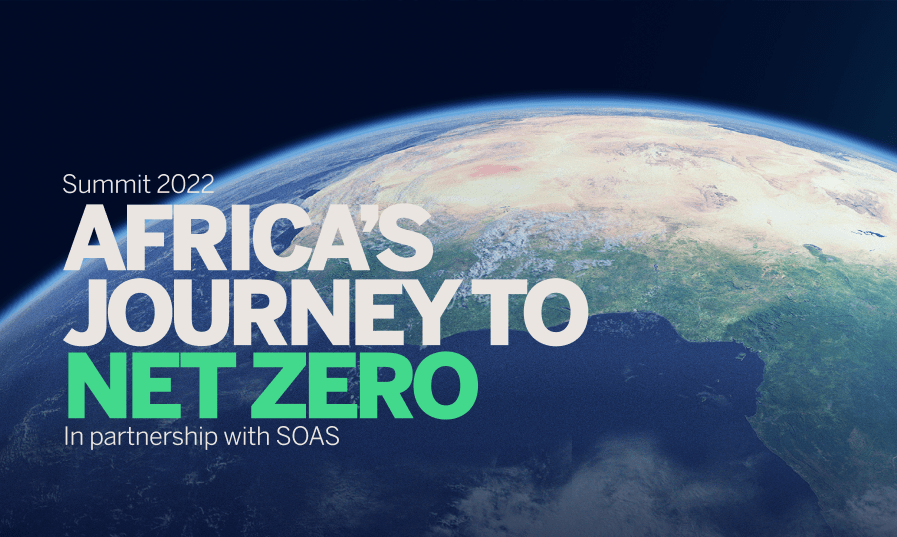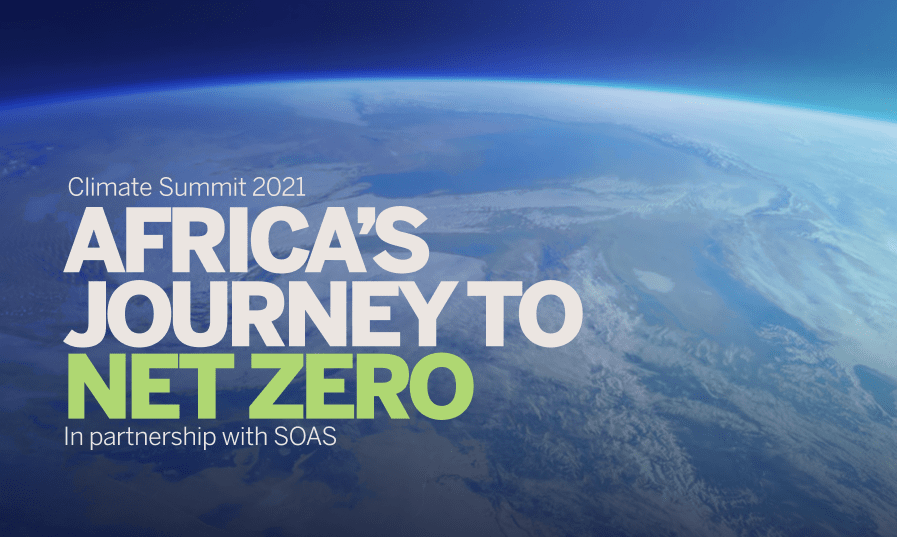Mauritius: likely narrower twin deficits
Medium-term outlook: tourism sector still being in recovery should support GDP growth above the long-term average
Based on trends in the tourism industry, the tax reforms and public investment projects listed in the budget, GDP should grow by 4.8% y/y this year, thereby exceeding by 0.4 percentage points our estimate in the Jan AMR edition. Tourism in Mauritius is now approaching pre-pandemic levels, which will likely spill over to other sectors (as tourists spend on accommodation, recreational activities, and services) as well as to job creation. This bodes well for private spending.
Given that this economy is heavily reliant on tourism, which accounts for a sizeable portion of the country’s employment and FX earnings, a considerable y/y gain, after more than 200% y/y growth in 2022, would confirm a sound economic recovery. Visitor numbers rose by 64% y/y in the first five months of 2023. In 2019, the tourism industry employed 7.6% of the labour force; it then declined to 7.0% in 2021. The unemployment rate rose to 9.9% in 2021, from 7.0% in 2019.
The textile sub-sector, alongside other manufacturing sub- sectors (such as sugar), also employs a sizable portion of the labour force, and related exports here too contribute economically. Manufacturing was already on the mend in 2022 with its contribution to GDP up 1.3ppts. Its contribution to GDP and employment had declined meaningfully due to the pandemic; it either matched or was exceeded by wholesale and retail trade during 2020 and 2021.
The manufacturing sector remains 1.7% below its pre-pandemic production levels in real terms, implying a base effect increase in 2023 from sugar and textile production. Furthermore, the government has extended the investment tax credit to all manufacturing enterprises for the next three years to stimulate further investment and automation. However, for large MNEs, this benefit may be offset by the Minimum Top-up Tax. The drawback for the tourism and manufacturing sectors is that global GDP growth is slowing, particularly in Europe and South Africa, both of which are destination countries for exports from Export Oriented Enterprises.
After this year (when GDP in real terms should return to pre- pandemic levels), growth may decline to 4.0% y/y or below again. Annual GDP growth has dwelled below 4.0% since the 2008/09 Global Financial Crisis. Because global growth is now slowing, any GDP growth acceleration in Mauritius will likely be spurred by local demand (projected to rise strongly in a pre- election year) – notably, investment spending. Indeed, investment spending has been increasing steadily since 2010 (bar 2020), partly due to FDI inflows since 2010. Our current forecasts do not factor in potential benefits from trade deals with China and India. However, Mauritius runs a net trade deficit with both those nations, so a large portion of any such boost would likely stem from reduced import costs.












